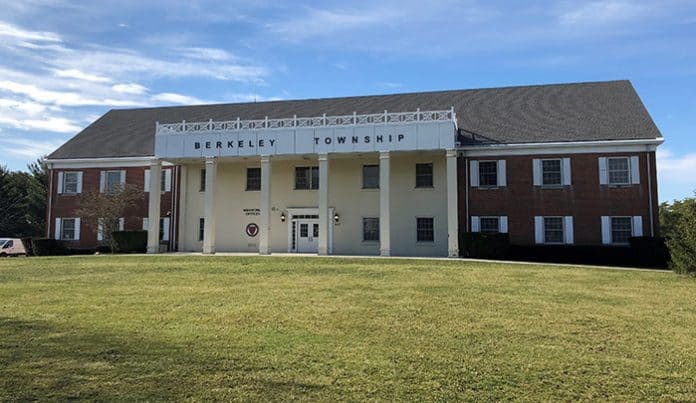
BERKELEY – Congress enacted laws to help towns deal with the costs of COVID-19, but some towns like Berkeley are being left behind, local officials said.
Mayor Carmen Amato reached out to lawmakers in both the Senate and House to plead his case for expanding aid to municipalities like his.
One law provides aid for towns with populations of 50,000 or greater. Berkeley has 45,000.
“This is unfortunate, as my community has one of the largest senior populations in the state,” he wrote to lawmakers. “I understand that Congressional leadership is working on another stimulus package. I am respectively requesting that the municipalities population threshold be reduced to include additional municipalities that are struggling with the effects of COVID-19.”
Amato noted that this is a census year. He suspects that when the census is done, Berkeley’s population will be more than 50,000.
When residents are hurting financially, tax collection goes down. Since taxes are the number one way municipalities get their revenue, towns throughout New Jersey are seeing less people paying their taxes.
The problem goes further. Municipalities are responsible for collecting school taxes, county taxes, and any other taxes. The town then pays the correct share to the other entities. The other entities (schools, county) always get 100 percent of their collection, even if the town doesn’t. In other words, if people don’t pay $100,000 in taxes, the town still has to give that $100,000 to the other entities.
This creates a hole in the budget. That hole can only be filled by taxing the people who paid their taxes, or by some other form of revenue.
“I’m concerned that when tax collection drops, the municipality must make up for the loss in revenue as part of our budget in a line item called ‘reserve for uncollected taxes,’” Amato said. “I’m asking if part of the current stimulus package have any available funds to assist municipalities with funding to make up for lost property tax revenue? If not, as part of the new stimulus package being discussed I respectfully request funding be allocated to assist municipalities in making up tax collection shortfalls.”
The Berkeley Township Council recently passed two resolutions – formal requests for governmental agencies to provide more funding to towns.
In one of them, the governing body implored the Trump administration to reconsider its guidelines for the use of CARES Act funding to allow money to be used for revenue shortfalls. The Treasury Department had stated that these moneys could not be used this way.
Another resolution asked that the SMART Fund bill decrease the eligibility requirement to municipalities of 40,000 residents.
“We need more flexibility coming down from the feds,” Amato said.






